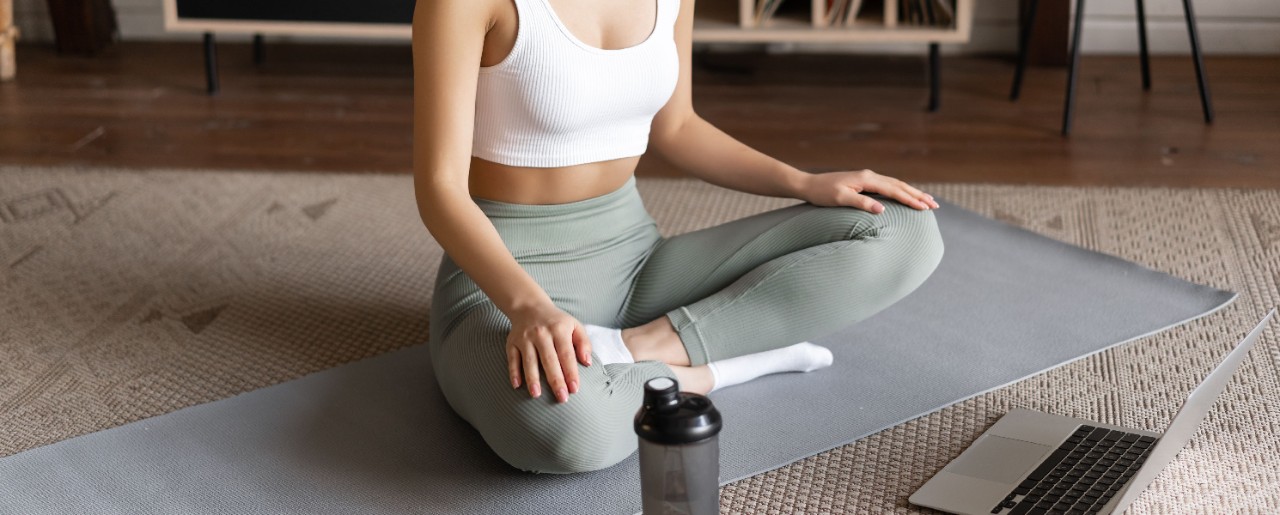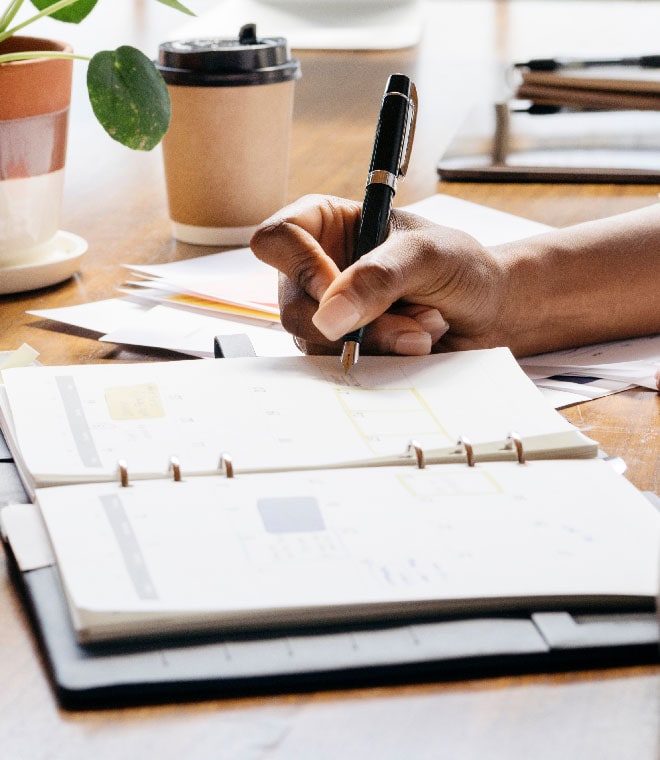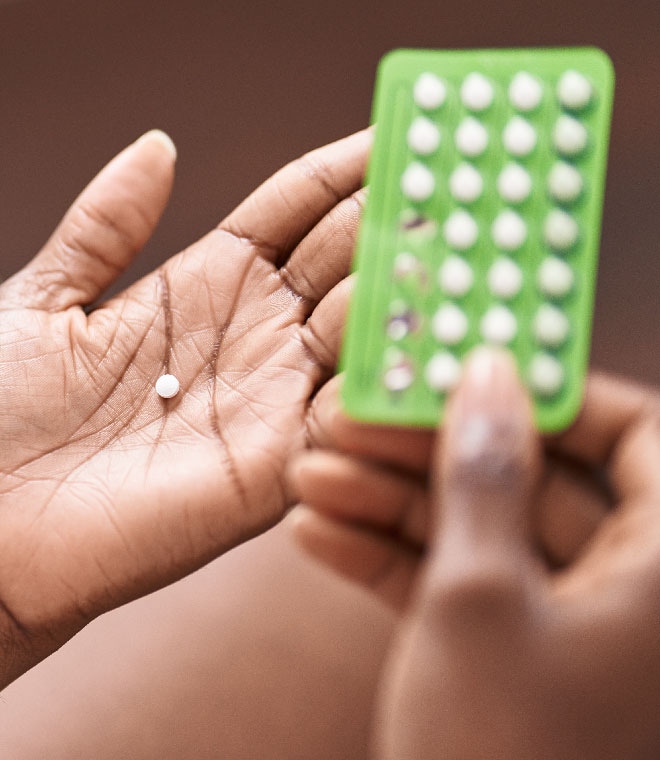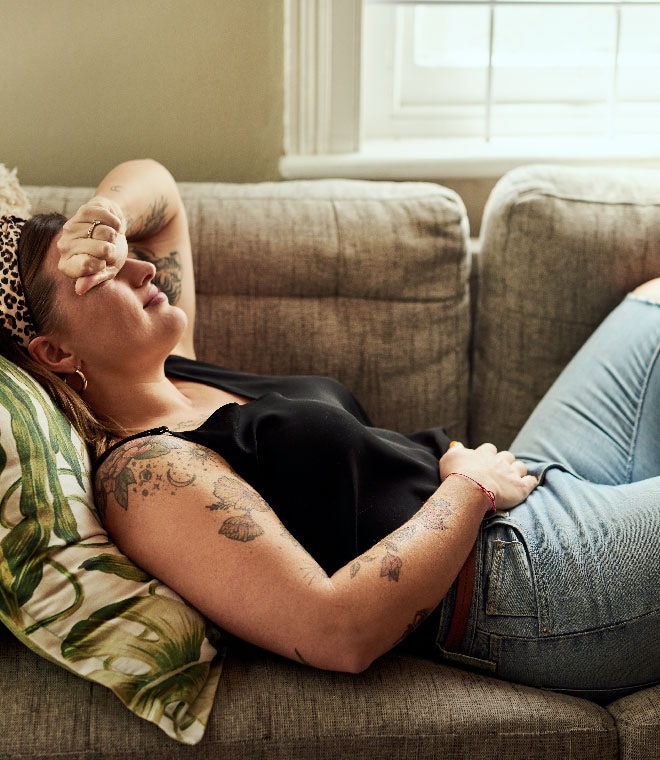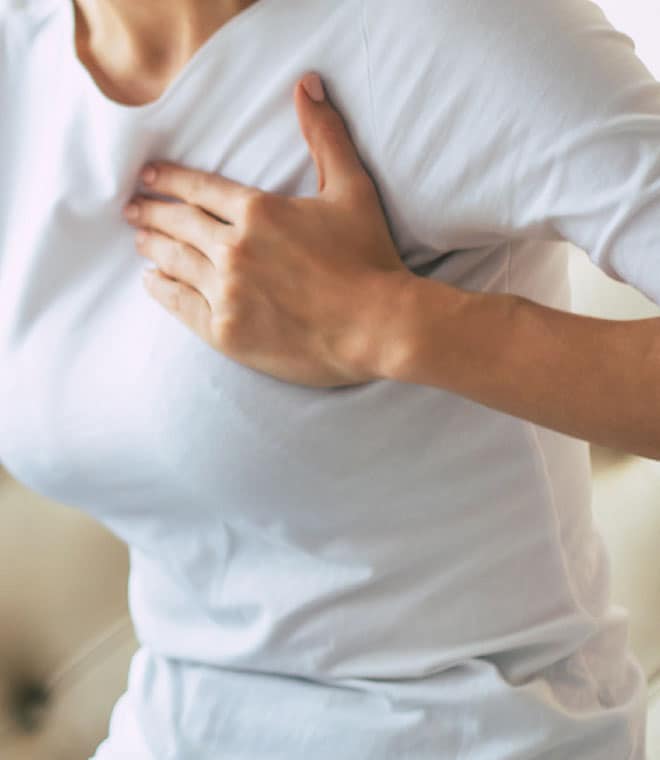Health
How to relieve period cramps
By Patricia Ann Convery, MD, Fellow, American College of Obstetrics and Gynecology Aug 03, 2023 • 6 min
More than 50% of women who get periods experience menstrual cramps and other types of pain during menstruation. If you’re one of them, there are many period cramp remedies and treatments available to address discomfort.
What causes menstrual cramps?
During menstruation, your body sheds the lining from your uterus. To aid in the process, the muscles of the uterus contract. Body chemicals called prostaglandins help trigger the muscle contractions, and they can also contribute to the pain and inflammation that you experience in the form of period cramps.
What do menstrual cramps feel like?
For many women, cramps during menstruation feel like throbbing or cramping pain in the lower abdomen. However, the sensation may also radiate to other areas, resulting in period pains in the lower back and/or thighs. Cramps may begin one to three days before the start of a period, and they often persist for two to three days after menstruation begins.
Does ibuprofen help period cramps?
Ibuprofen is an over-the-counter medication from the class of medicines known as nonsteroidal anti-inflammatory drugs (NSAIDs). These medications reduce levels of prostaglandins in the body. They can help ease period cramps, especially when you take them as soon as you begin to feel discomfort. Naproxen is another NSAID that can be taken for period cramp relief.
Although NSAIDs are available without a prescription, they’re not ideal for everyone, so it’s best to consult your healthcare provider before taking one. Women who are unable to use NSAIDs may be able to take other over-the-counter pain relievers, like acetaminophen.
Does a heating pad help cramps?
Heat therapy can help release tension in muscles, so heating pads, self-adhesive heating wraps and hot water bottles can bring relief for cramps associated with menstruation. You can apply the heat therapy product to your abdomen, back or thighs, depending on where you feel the pain.
Do other home remedies for cramps work?
There are many other home remedies for period pain. The following are some home treatments that may be beneficial.
Exercise
Although you may not feel like being active when period cramps strike, exercise can help reduce your pain. The soothing effect of exercise may be due to feel-good chemicals called endorphins that your body releases during physical exertion. Some studies have shown that yoga, specifically, has the potential to alleviate menstrual pain.
Dietary modifications and lifestyle changes
Making some changes to your diet and habits may help to reduce menstrual cramps. Some modifications that your healthcare provider may recommend include:
- Reducing your intake of caffeine
- Avoiding alcohol
- Quitting smoking
- Getting enough sleep
Trigger point therapy
Trigger point therapy from a licensed physical therapist or certified massage therapist may help ease menstrual pain for some women. Some women also get relief from acupuncture or acupressure. However, research into the effectiveness of these treatments has yielded mixed results.
Mental techniques and biofeedback
Relaxation techniques may make it easier for women with period cramps to cope with pain. Deep breathing, yoga and meditation may be beneficial.
Biofeedback is another option. It involves monitoring body functions like breathing, heart rate and muscle activity. During a session, the practitioner will ask you to do different things, like change the pattern of your breathing or alter the position you’re sitting or standing in. You’ll be able to see how those actions affect your bodily processes. Through biofeedback, you can eventually learn techniques that can ease period pain.
Is there prescription medicine for period cramps?
When self-care and over-the-counter pain relievers don’t do enough to address period cramps, healthcare providers may recommend prescription birth control for pain management. Options include oral contraceptive pills, patches, rings, the Depo-Provera shot and intrauterine devices (IUDs).
In some cases, underlying health problems, like endometriosis, pelvic inflammatory disease and uterine fibroids, may contribute to period cramps. When a health issue is a contributing factor, treating the underlying condition through medications and/or surgery is an important part of a care plan for period cramps.
When should I see my healthcare provider about cramps?
For many women, cramps are a normal and bearable part of menstruation and not cause for concern. Over-the-counter menstrual pain relief products are often effective for managing discomfort. However, if your symptoms are getting worse or you’re over 25 and only recently began experiencing cramping with your period, it’s a good idea to talk to your healthcare provider.
You may also want to seek treatment if your menstrual cramps disrupt your daily life. Your healthcare provider can conduct an examination and order tests to diagnose any underlying issues and recommend a treatment plan to help reduce monthly discomfort.
Published August 2023.
Sources:
- https://my.clevelandclinic.org/health/treatments/13354-biofeedback
- https://www.acog.org/womens-health/faqs/dysmenorrhea-painful-periods
- https://my.clevelandclinic.org/health/diseases/4148-dysmenorrhea
- https://health.clevelandclinic.org/how-to-stop-period-cramps/
- https://www.mayoclinic.org/diseases-conditions/menstrual-cramps/symptoms-causes/syc-20374938
- https://www.womenshealth.gov/menstrual-cycle/period-problems
- Kim SD. Yoga for menstrual pain in primary dysmenorrhea: A meta-analysis of randomized controlled trials. Complement Ther Clin Pract. 2019;36:94-99. doi:10.1016/j.ctcp.2019.06.006
